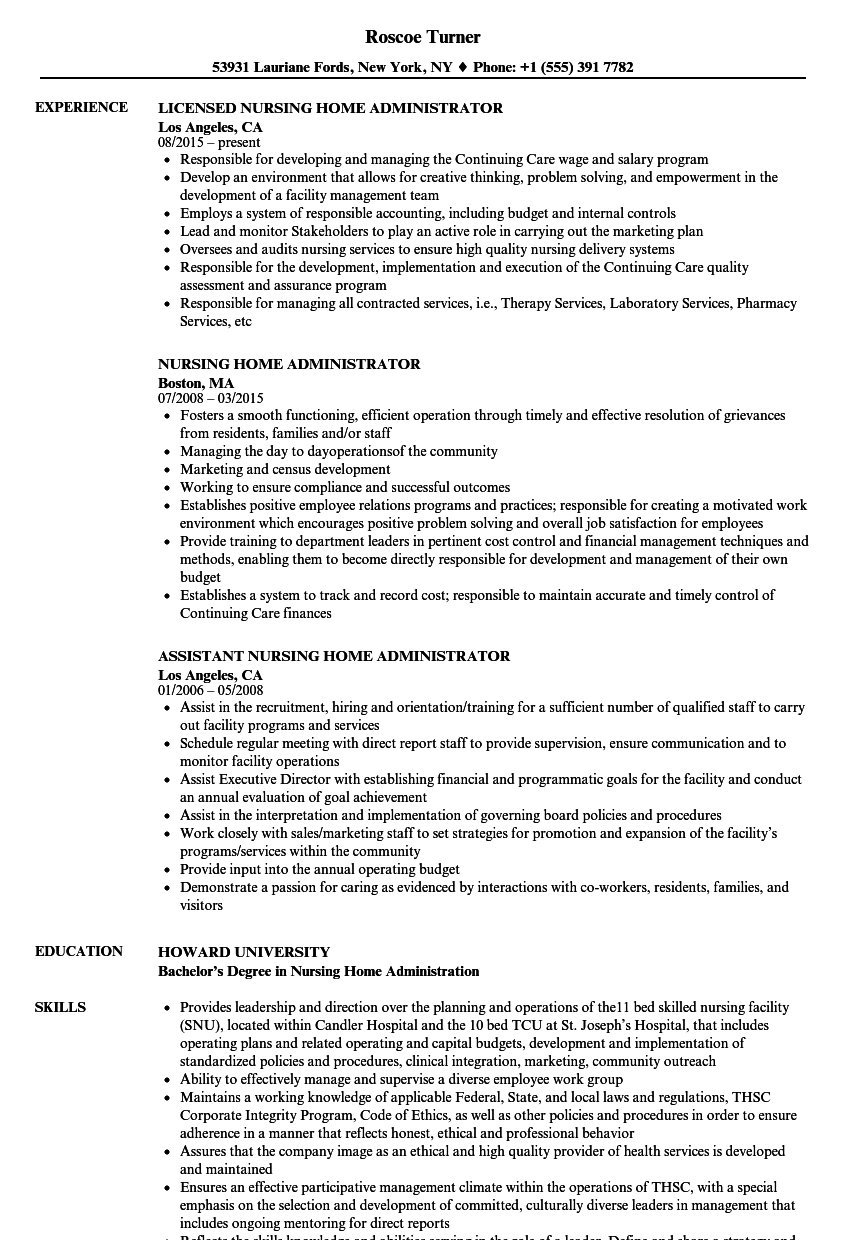Table of Content
Employees who believe their companies have violated federal consumer financial protection laws are encouraged to send information about what they know to We're a big enough business, if you asked me have you ever seen X, I could probably find one of anything, but the absolute dominant trend is customers dramatically accelerating their move to the cloud. Moving internal enterprise IT workloads like SAP to the cloud, that's a big trend. Creating new analytics capabilities that many times didn't even exist before and running those in the cloud.

The provisions provide for personal financial data rights for Americans, but would only have teeth after the CFPB defined the specifics through rules. Mark Baldassare is president and CEO of the Public Policy Institute of California, where he holds the Arjay and Frances Fearing Miller Chair in Public Policy. He is a leading expert on public opinion and survey methodology, and has directed the PPIC Statewide Survey since 1998. He is an authority on elections, voter behavior, and political and fiscal reform, and the author of ten books and numerous publications.
Military Daily News
Six in ten likely voters say they are following news about the 2022 governor’s race very (25%) or fairly (35%) closely—a share that has risen from half just a month ago (17% very, 33% fairly). This finding is somewhat similar to October 2018, when 68 percent said this (28% very, 40% closely) a month before the previous gubernatorial election. Today, majorities across partisan, demographic, and regional groups say they are following news about the gubernatorial election either very or fairly closely. The shares saying they are following the news very closely is highest among residents in Republican districts (39%), Republicans (30%), whites (29%), and adults with incomes of $40,000 to $79,999 (29%).

Our rule will facilitate third party companies that offer services to make switching recurring payments easier. Specifically, we expect that the public will gain more bargaining leverage once data holding companies must share authorized consumer data with authorized third parties. And, this will lead to more shopping by consumers both because they have the leverage to walk away and because they will have access to more tailored products and services. While not explicitly an open banking or open finance rule, the rule will move us closer to it, by obligating financial institutions to share consumer data upon consumer request, empowering people to break up with banks that provide bad service, and unleashing more market competition. Around the world and here at home, financial services are slowly moving toward open banking and open finance. A more decentralized and neutral consumer financial market structure has the potential to reshape how companies compete in the sphere.
North County
I, personally, have just spent almost five years deeply immersed in the world of data and analytics and business intelligence, and hopefully I learned something during that time about those topics. I'm able to bring back a real insider's view, if you will, about where that world is heading — data, analytics, databases, machine learning, and how all those things come together, and how you really need to view what's happening with data as an end-to-end story. – Today, the Consumer Financial Protection Bureau issued guidance about two junk fee practices that are likely unfair and unlawful under existing law. The first, surprise overdraft fees, includes overdraft fees charged when consumers had enough money in their account to cover a debit charge at the time the bank authorizes it. The second is the practice of indiscriminately charging depositor fees to every person who deposits a check that bounces.

Among homes without lead service lines, the most common problem is with brass or chrome-plated brass faucets and plumbing with lead solder. We talked about Connect, our contact center solution, and we've also built services specifically for the healthcare industry like a data lake for healthcare records called HealthLake. We've built a lot of industrial services like IoT services for industrial settings, for example, to monitor industrial equipment to understand when it needs preventive maintenance. We have a lot of capabilities we're building that are either for … horizontal use cases like or industry verticals like automotive, healthcare, financial services. We see more and more demand for those, and Dilip has come in to really coalesce a lot of teams' capabilities, who will be focusing on those . You can expect to see us invest significantly in those areas and to come out with some really exciting innovations.
CDC study confirms not getting COVID booster leaves Americans vulnerable
The auditing firm has thousands of models in deployment that are used for its customers’ tax returns and other purposes, but has not come across a suitable system for managing various MLops modules, he said. Jamie Condliffe (@jme_c) is the executive editor at Protocol, based in London. Prior to joining Protocol in 2019, he worked on the business desk at The New York Times, where he edited the DealBook newsletter and wrote Bits, the weekly tech newsletter. He has previously worked at MIT Technology Review, Gizmodo, and New Scientist, and has held lectureships at the University of Oxford and Imperial College London. We're an $82-billion-a-year company last quarter, growing 27% year over year, so we have, of course, every use case and customers in every situation that you could imagine. What we see a lot of is folks just being really focused on optimizing their resources, making sure that they're shutting down resources which they're not consuming.
“Los Angeles” refers to Los Angeles County, “Inland Empire” refers to Riverside and San Bernardino Counties, and “Orange/San Diego” refers to Orange and San Diego Counties. Residents of other geographic areas are included in the results reported for all adults, registered voters, and likely voters, but sample sizes for these less-populous areas are not large enough to report separately. We also present results for congressional districts currently held by Democrats or Republicans, based on residential zip code and party of the local US House member.
A legal battle is just one more factor casting doubt on the consumer finance regulator’s rulings. If the UK battles are anything to go by, this acquisition could get messy as Microsoft and Sony battle it out behind the scenes to sway regulators. Microsoft even has a dedicated website to highlight its arguments as it seeks to convince regulators that its giant deal isn’t a bad one for gamers. We’re still months away from final regulator decisions, but get ready for this battle to continue to spill out onto the internet’s streets.

The motivation's just a little bit higher in the current economic situation. You do see some discretionary projects which are being not canceled, but pushed out. There's so much data in the world, and the amount of it continues to explode. A lot of people are drowning in their data and don't know how to use it to make decisions. Other organizations have figured out how to use these very powerful technologies to really gain insights rapidly from their data.
We are exploring ways to ensure that when consumers share their data for a specific use, that is the only use it will be used for. We know this will be a challenge, given how difficult it is to enforce restrictions, like purpose limitations and data deletion requirements. Finally, financial companies can find new ways to underwrite and score with less bias.

About a quarter of adults (3% excellent, 20% good) and likely voters (2% excellent, 23% good) feel positively about the national economy. Strong majorities across partisan groups feel negatively, but Republicans and independents are much more likely than Democrats to say the economy is in poor shape. Solid majorities across the state’s major regions as well as all demographic groups say the economy is in not so good or poor shape.
Today, half of Democrats and about four in ten independents are satisfied, compared to about one in five Republicans. Across regions, half of residents in the San Francisco Bay Area (52%) and the Inland Empire (50%) are satisfied, compared to fewer elsewhere. Across demographic groups, fewer than half are satisfied, with the exception of Latinos (56%), those with a high school degree or less (55%), and those making less than $40,000 (53%).
In general, when we look across our worldwide customer base, we see time after time that the most innovation and the most efficient cost structure happens when customers choose one provider, when they're running predominantly on AWS. A lot of benefits of scale for our customers, including the expertise that they develop on learning one stack and really getting expert, rather than dividing up their expertise and having to go back to basics on the next parallel stack. These kinds of challenging times are exactly when you want to prepare yourself to be the innovators … to reinvigorate and reinvest and drive growth forward again. We've seen so many customers who have prepared themselves, are using AWS, and then when a challenge hits, are actually able to accelerate because they've got competitors who are not as prepared, or there's a new opportunity that they spot. We see a lot of customers actually leaning into their cloud journeys during these uncertain economic times.

No comments:
Post a Comment